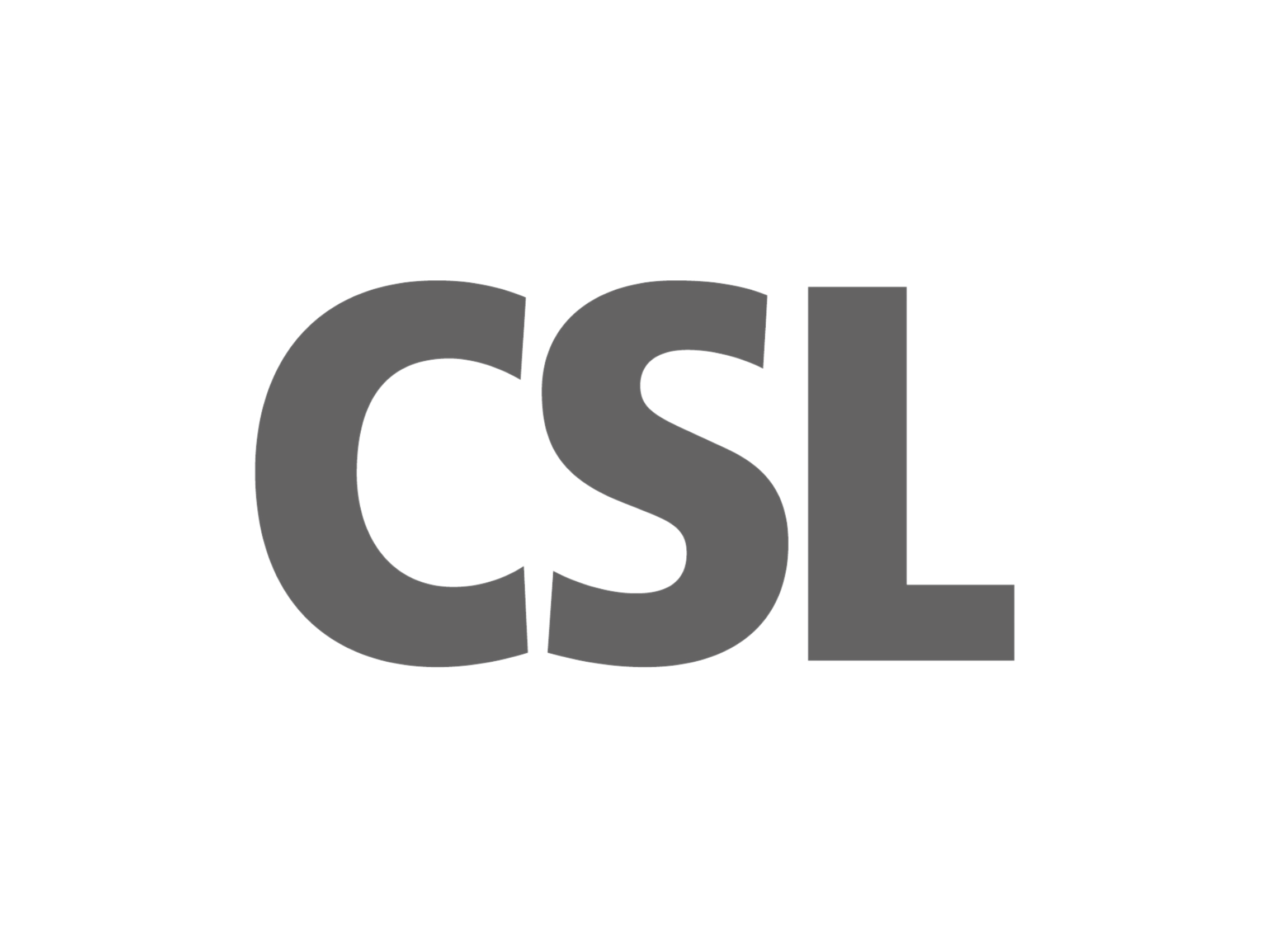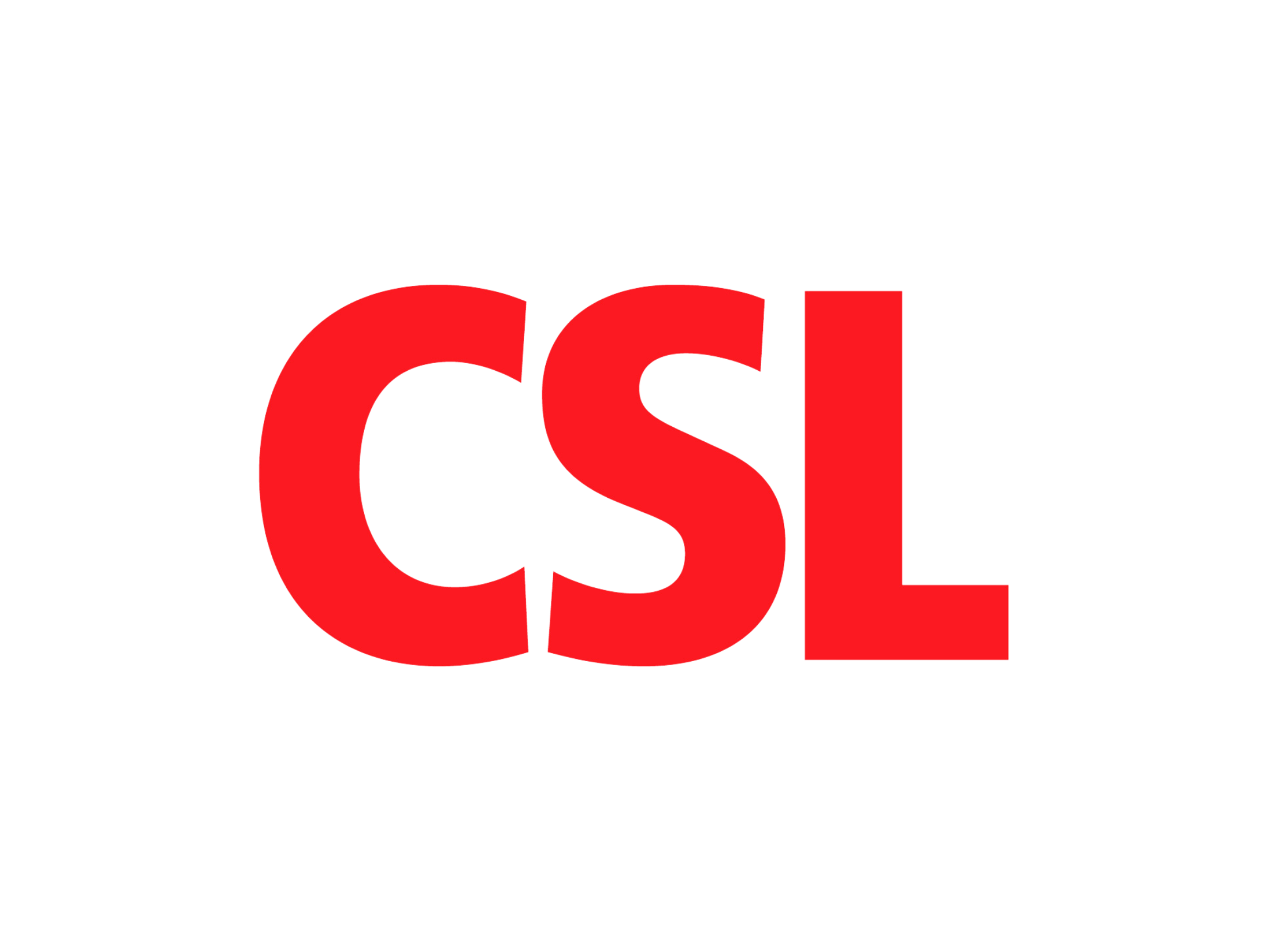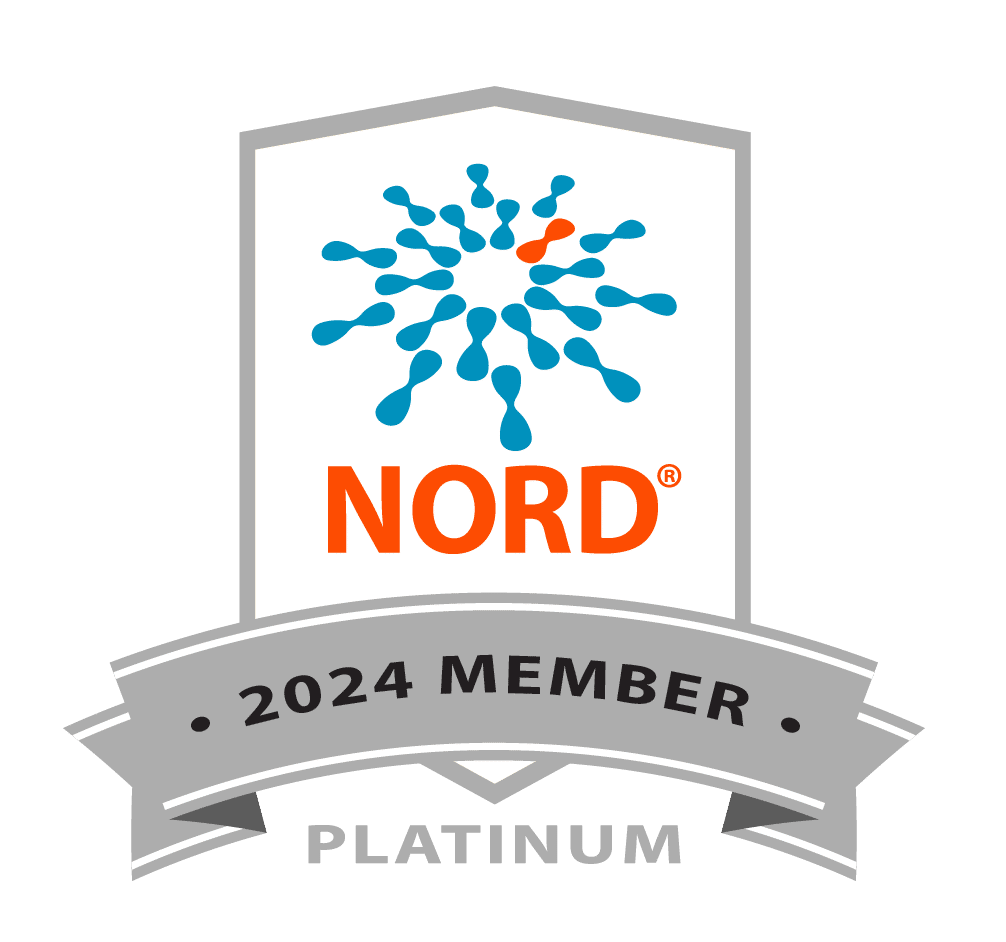STATEMENT UPDATED: March 9, 2020
Please note, this statement is specific to the United States. If you are an individual with Alpha-1 Antitrypsin Deficiency (Alpha-1) living outside the U.S., please see the specific statements from the health agencies and Alpha-1 organizations in your own country.
The current outbreak of 2019 novel coronavirus (COVID-19) was first identified in China but has now spread internationally, impacting an increasing number of countries including the U.S. While the situation in the U.S. is evolving, it is important to keep up with the advice and recommendations of your local, state, and federal agencies.
Since COVID-19 causes primarily fever and respiratory symptoms, often leading to pneumonia in susceptible individuals, people with Alpha-1 are likely to be particularly vulnerable to the effects of this coronavirus infection. Alphas with lung disease or those who have had a lung transplant are among the groups considered most susceptible to serious complications if they become infected.
Having said this, it appears that many individuals who are infected exhibit only mild symptoms and it is possible that people can be infected (and infectious) and have no symptoms at all. It appears that among those who do become ill, they may have been infecting others for as long as two weeks before they developed symptoms.
Finally, for those with Alpha-1 who are receiving augmentation therapy, the Plasma Protein Therapeutics Association (PPTA) has issued a statement that there is no risk of transmission of COVID-19 through plasma product infusions. Thus far, there have been no augmentation supply delays as a result of COVID-19.
On March 8, individuals from the National Institutes of Health (NIH) and the Centers for Disease Control and Prevention (CDC) suggested that individuals in susceptible groups should avoid air travel and cruise ship travel. “Susceptible groups” include those with chronic cardiac, kidney, and lung conditions. Some presentations have suggested that anyone over 60 years of age should be considered within the susceptible group category as well. These recommendations may be different depending on the source of the recommendations and they may change as the spread or control of the COVID-19 changes. We recommend that you contact your primary care physician or Alpha doctor for specific recommendations in your area.
“The Alpha-1 Foundation and AlphaNet are following the situation and will continue to keep the Alpha-1 community updated. Community spread of COVID-19 is occurring in the United States and there have been deaths in the United States. People can be infectious for two weeks prior to the onset of symptoms and can spread disease during that time, as well as after symptoms begin. Frequent hand-washing continues to be recommended to aid in preventing infection,” stated Dr. Robert Sandhaus, Clinical Director of the Alpha-1 Foundation.
What you should do:
- STAY INFORMED
- CDC is updating its website daily with the latest information and advice for the public. Visit the website.
- PPTA information about plasma products can be found at pptaglobal.org.
- REMEMBER TO TAKE EVERYDAY PREVENTATIVE ACTIONS that are always recommended to prevent the spread of respiratory viruses.
- Avoid close contact with people with respiratory illnesses.
- While sick, limit contact with others as much as possible.
- Stay home if you are sick.
- Cover your nose and mouth when you cough or sneeze. Avoid touching your eyes, nose and mouth with unwashed hands; germs spread this way.
- Clean and disinfect surfaces and objects that may be contaminated with germs.
- Wash your hands often with soap and water for at least 20 seconds. If soap and water are not available, use an alcohol-based hand rub with at least 60% alcohol.
IF YOU FEEL SICK with fever, cough, or difficulty breathing, and have traveled to an area of widespread infection or were in close contact with someone with 2019-nCoV in the 14 days before you began to feel sick, seek medical care. Before you go to a doctor’s office or emergency room, call ahead and tell them about your recent travel and your symptoms.
*Please continue to check the Alpha-1 Foundation website www.alpha1.org for continuous updates on the coronavirus and scheduled Foundation events.











